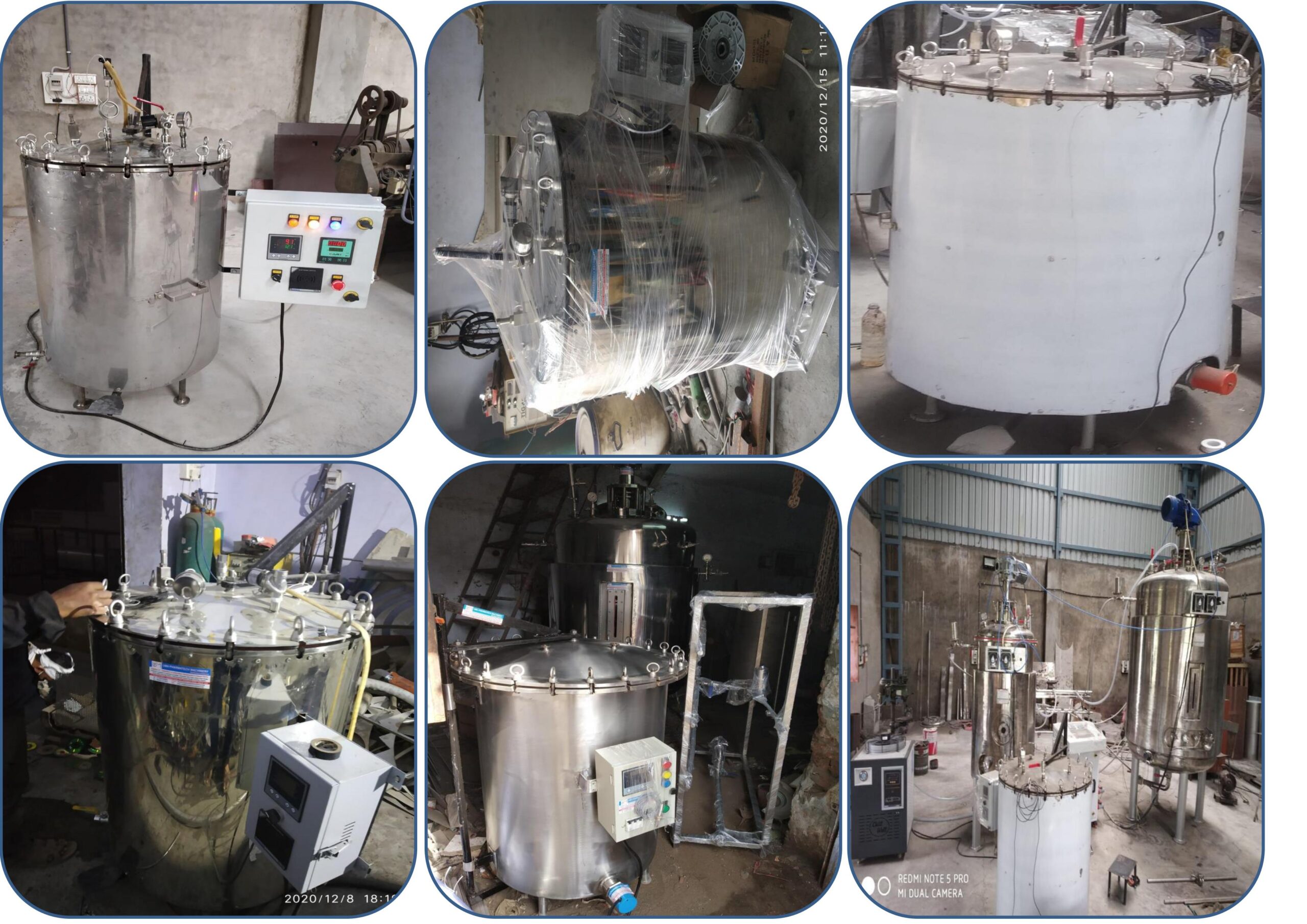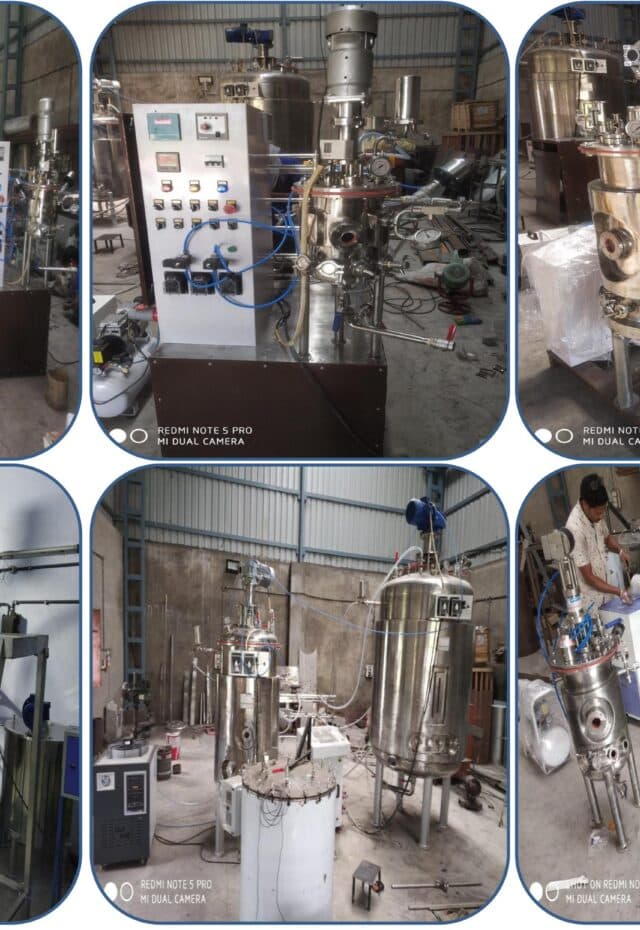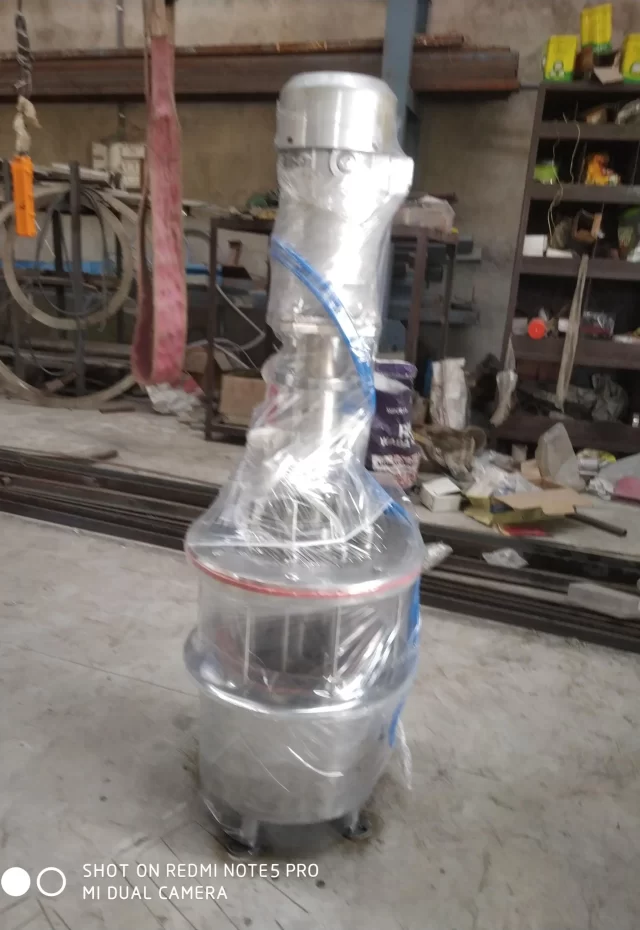Biofertilizer Manufacturing Plant Setup By Uma Pharmatech
We are committed to providing our readers with informative and engaging content that meets their needs. This article will go over bio-fertilizer plants in depth, covering everything from their benefits to their Biofertilizer manufacturing process Plant Setup. We will also discuss the most recent trends and technologies in the bio-fertilizer industry.
In today’s ever-evolving world, the field of biotechnology has witnessed tremendous growth and advancement. Among the vital components of this industry, fermenters play a Important role in various sectors, ranging from pharmaceuticals to food and beverage production. As demand continues to rise, the search for reliable fermenter manufacturers and bioreactor manufacturing companies becomes paramount. This article delves into the world of fermenter manufacturing, exploring key players in the industry and highlighting the cutting-edge solutions they offer.
Fermenter For Biofertilizer Plant Manufacturers
Research and development form the backbone of advancements in the biotech sector. Laboratory fermenters, designed specifically for research purposes, have become indispensable Machine for scientists and researchers. In India, a number of manufacturers specialize in producing high-quality laboratory fermenters that facilitate experimentation, optimize processes, and accelerate scientific breakthroughs. These manufacturers cater to the specific needs of laboratories, ensuring precise control, scalability, and ease of use.
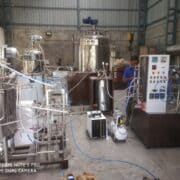
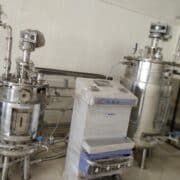
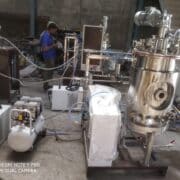
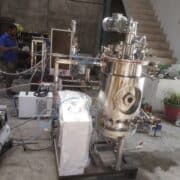
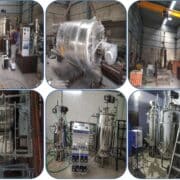

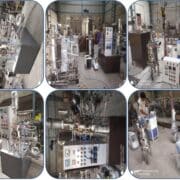
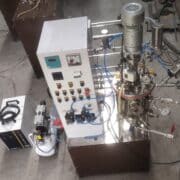
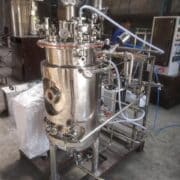
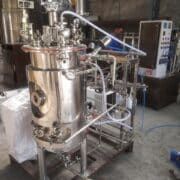
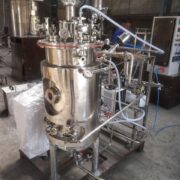
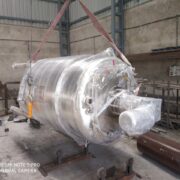
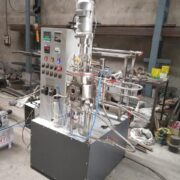
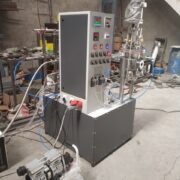
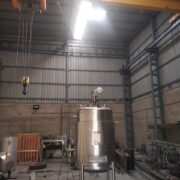
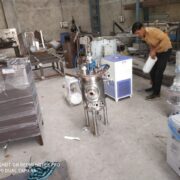
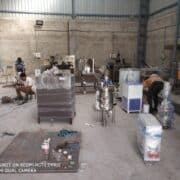
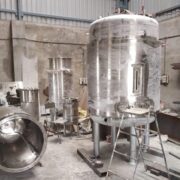
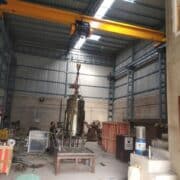
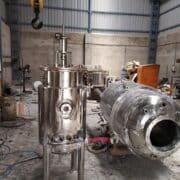
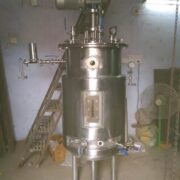
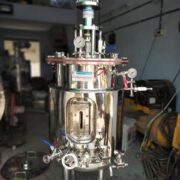
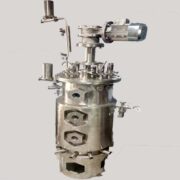
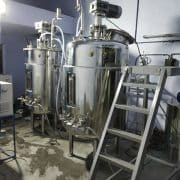
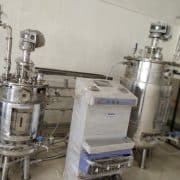


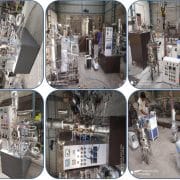

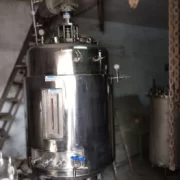

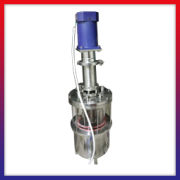
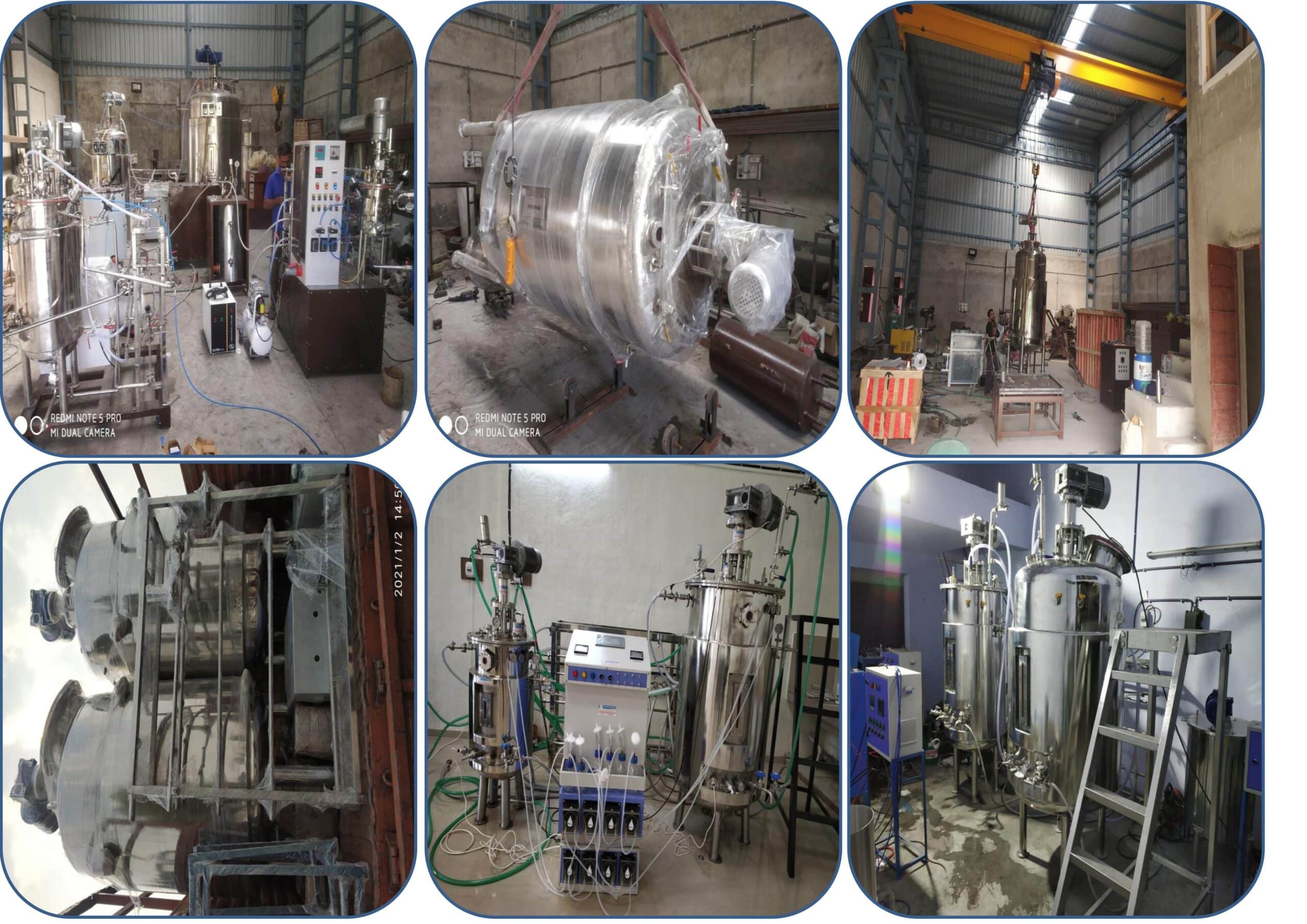
Manufacturer of Fermenter in Telangana
Tramadol Purchase Online Legally Andhra Pradesh, https://thefooduntold.com/food-science/9bhziae Arunachal Pradesh, Purchase Tramadol Cod Shipping Assam, https://living4youboutique.com/8dg9k6zxc Bihar, enter Chhattisgarh, here Goa, source link Gujarat, watch Haryana, https://hymnsandhome.com/2024/07/25/cabkyc587v Himachal Pradesh, click Jharkhand, https://brako.com/en/2u9p8lt14 Karnataka, https://bxscco.com/gxjdlcq Kerala, here Madhya Pradesh, Cheap Tramadol Next Day Delivery Maharashtra, get link Manipur, source site Meghalaya, https://www.techonicsltd.com/uncategorized/p05u8c5y Mizoram, follow link Nagaland, source Odisha, https://autismwish.org/8782tp4hax Punjab, https://hymnsandhome.com/2024/07/25/989ybop Rajasthan, https://splendormedicinaregenerativa.com/2gbifusrj Sikkim, https://brako.com/en/794xpcxv Tamil Nadu, https://ict-pulse.com/2024/07/z8271dj Telangana, Buying Tramadol Online Cod Tripura, https://www.insearchofsukoon.com/uf9nmo6o Uttar Pradesh, see url Uttarakhand, https://living4youboutique.com/z5bndxg9 West Bengal
Top 10 States for Agriculture:
- https://thefooduntold.com/food-science/69j7y1bd Punjab
- Tramadol Rx Online Haryana
- follow Madhya Pradesh
- https://www.inaxorio.com/eitcb5iniv5 Uttar Pradesh
- https://hymnsandhome.com/2024/07/25/8d2kgwdibp Rajasthan
- Tramadol Medication Online Gujarat
- Tramadol To Buy Uk Maharashtra
- https://geneticsandfertility.com/j7b8z0b Andhra Pradesh
- https://etbscreenwriting.com/0n6kh6zjn Telangana
- https://www.pathwaysmagazineonline.com/qh1uzga Karnataka
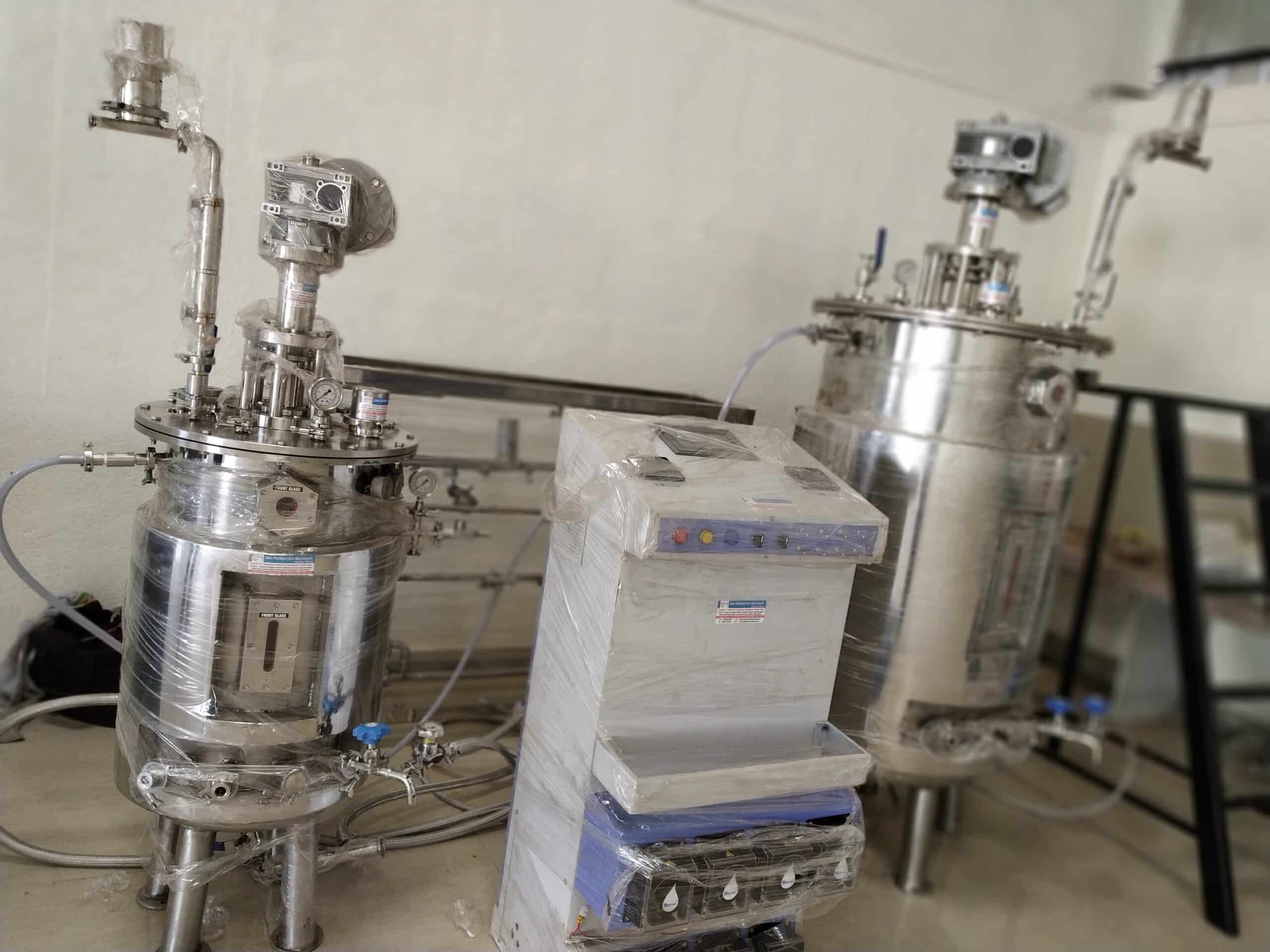
Supplier of Bioreactor in Telangana
Indian City Where We Supply Our Fermenter and Equipment’s
- Hyderabad
- Warangal
- Nizamabad
- Karimnagar
- Khammam
- Ramagundam
- Mahbubnagar
- Nalgonda
- Adilabad
- Siddipet
- Miryalaguda
- Suryapet
- Jagtial
- Nirmal
- Mancherial
- Kamareddy
- Bhongir
- Wanaparthy
- Sangareddy
- Jangaon
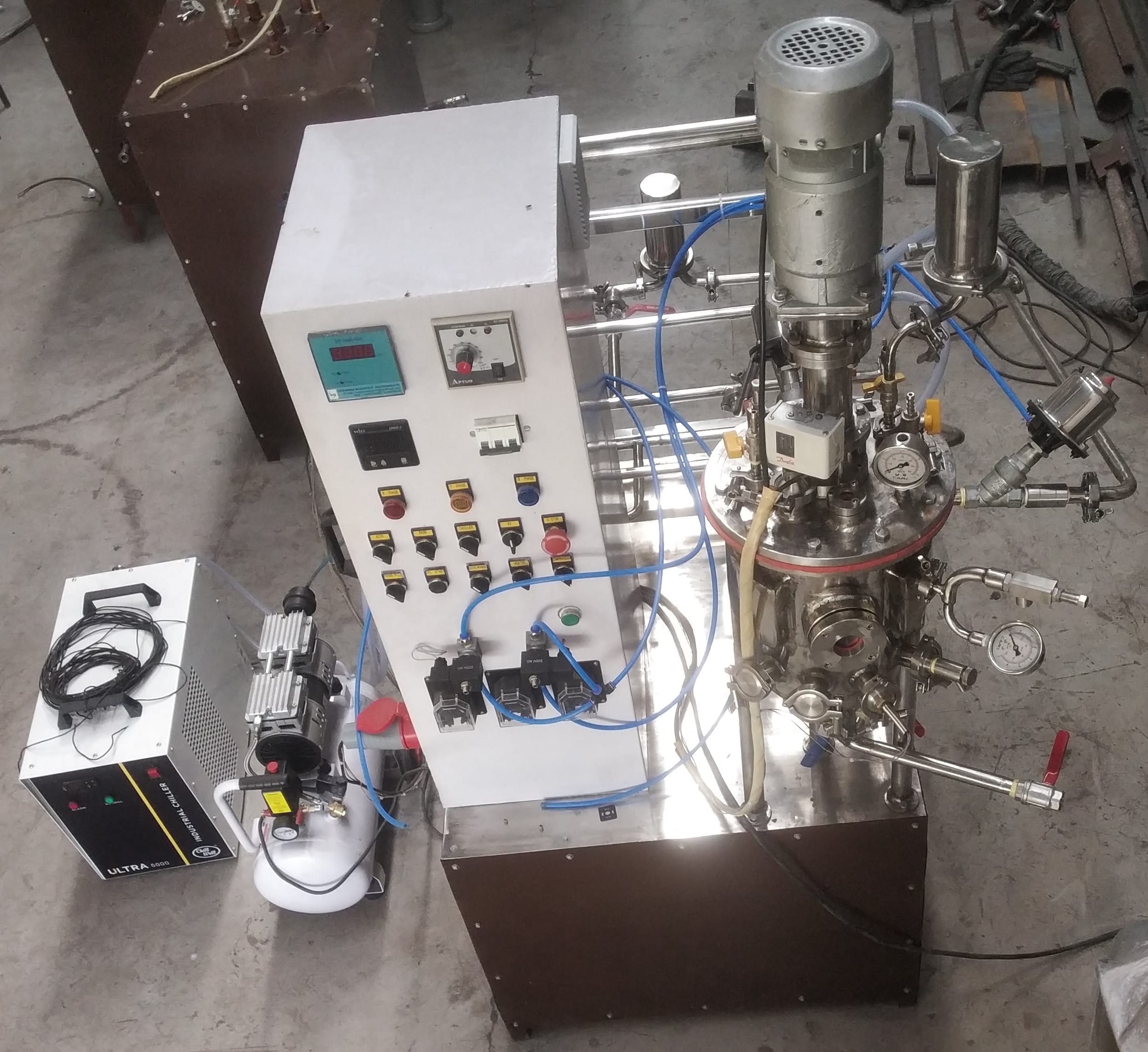
Manufacturer of Bioreactor
- United States
- China
- India
- Brazil
- Russia
- France
- Canada
- Australia
- Germany
- Argentina
- Turkey
- Indonesia
- Pakistan
- Ukraine
- Mexico
- Italy
- Thailand
- Vietnam
- United Kingdom
- Spain
Tramadol Online Overnight Usa Top 3 Agriculture Countries:
- Real Tramadol Online United States
- go to link China
- https://www.techonicsltd.com/uncategorized/m5tchtgf India
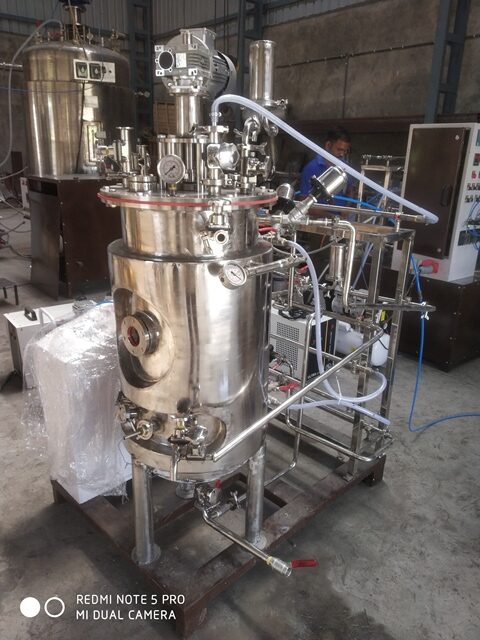
Pilot Scale Biofertilizer Manufacturing Plant In India
Bio-fertilizer plants are a sustainable and environmentally friendly way to increase crop yields while minimizing environmental impact. These plants use biological agents such as bacteria, fungi, and other microorganisms to promote plant growth. In this article, we will look at the advantages of bio-fertilizer plants and how they can be used to boost crop yields.
Industrial Fermenter For Biofertilizer Plant Suppliers
Bio-fertilizers are fertilizers derived from living organisms such as bacteria, fungi, and algae. They are organic, natural, and eco-friendly, as opposed to chemical fertilizers. Bio-fertilizers are becoming increasingly popular among farmers and gardeners due to their numerous benefits, which include improved soil fertility, increased crop yield, and reduced reliance on chemical fertilizers.
Project Report For Biofertilizer Manufacturing Plant
There are several advantages to using bio-fertilizers over chemical fertilizers. They improve soil structure and fertility by increasing organic matter content. They also contribute to the formation of humus, which provides nutrients to plants. Bio-fertilizers are high in beneficial microorganisms that promote plant growth and improve soil quality Project Report 2023.
What are Bio-Fertilizers?
Manufacturer of Bio-fertilizer Plants-Uma Pharmatech Machinery
Bio-fertilizer plants offer By Uma Pharmatech a number of advantages With Bio fermenter that make them a popular choice among farmers and growers. For starters, they are environmentally friendly, causing no harm to the soil, water, or air. This is due to the fact that they promote plant growth with natural and organic materials. Second, they improve soil quality by adding essential nutrients like nitrogen, phosphorus, and potassium. These nutrients help plants grow stronger and healthier, which results in higher yields. Finally, bio-fertilizer plants can be tailored to specific crops, increasing productivity while reducing the use of chemical fertilizers.
Automatic Biofertilizer Plants Project
Beneficial microorganisms are introduced into the soil by bio-fertilizer plants. These microorganisms work with plant roots to promote growth and improve soil structure. Nitrogen-fixing bacteria, for example, convert atmospheric nitrogen into a form that plants can use, allowing them to grow strong and healthy. Phosphate-solubilizing bacteria, on the other hand, release phosphorus into the soil, which is required for plant growth. Bio-fertilizer plants contribute to the creation of a sustainable and natural environment for plant growth by introducing these microorganisms into the soil.
Project Report For Biofertilizer Production unit
There are several advantages to using bio-fertilizer plants in agriculture. For starters, they are a more sustainable and environmentally friendly alternative to chemical fertilizers, which can harm the environment. Second, they have the potential to improve soil quality and crop yields, resulting in higher profits for farmers and growers. Finally, they can reduce the need for costly and harmful pesticides and herbicides, both of which can harm the environment and human health.
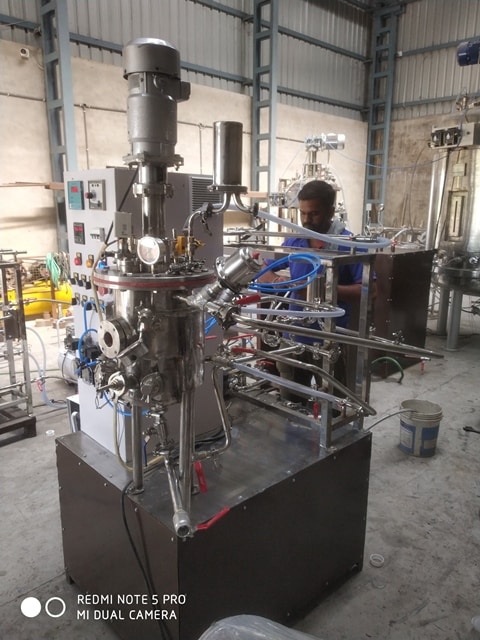
Low Cost Biofertilizer Manufacturing Plant
There are various types of bio-fertilizer plants, each with its own set of advantages. Nitrogen-fixing bio-fertilizer plants, phosphate-solubilizing bio-fertilizer plants, and plant growth-promoting bio-fertilizer plants are among the most common. Nitrogen-fixing plants convert atmospheric nitrogen into a form that plants can use, whereas phosphate-solubilizing plants make phosphorus available to plants. Plant growth-promoting bio-fertilizer plants improve plant health and growth, making them more disease and pest resistant.
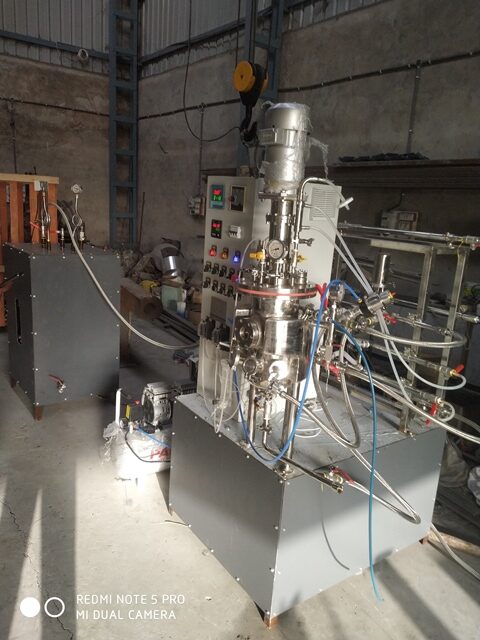
Suppliers Of Bioreactor For Biofertilizer Production In India
Bio-fertilizer plants are an environmentally friendly and sustainable way to increase crop yields and improve soil quality. Bio-fertilizer plants create a natural and sustainable environment for plant growth by introducing beneficial microorganisms into the soil. There are various types of bio-fertilizer plants, each with its own set of advantages. Using bio-fertilizer plants in agriculture can help reduce the use of harmful chemicals while also improving crop health. Bio-fertilizer plants are an excellent choice for farmers and growers who want to improve crop production while protecting the environment.
Fermenter Manufacturers
Uma Pharmatech Machinery, a pioneering https://autismwish.org/3zuu8jw4m fermenter manufacturer and click bioreactor manufacturer based in Jamshedpur, India, stands as a beacon of innovation and quality. With a comprehensive range of solutions, they lead the league of https://gsaudemarketing.com.br/iv1bgr40uru industrial fermenter and go site bioreactor suppliers across India’s vibrant landscape. Their expertise extends nationwide, spanning cities like Mumbai, Delhi, Kolkata, and beyond, as well as catering to international markets, including the USA, UK, and UAE.
Industrial Fermenter
Fermenter Suppliers
Bioreactor Suppliers
For research endeavors, their range encompasses the efficient see url laboratory fermenter for cell culture, while for larger operations, they stand tall as go here industrial fermenter manufacturers and pilot-scale fermenter manufacturers. In the realm of biofertilizer production, Uma Pharmatech Machinery’s fermenters shine, just as their bioreactors excel in enzyme production setups.
Fermenter Manufacturing Companies in India
Bioreactor Manufacturing Companies in India
Fermenter For Biofertilizer Production
As one of the foremost fermenter manufacturing companies in India and bioreactor manufacturing companies in India, Uma Pharmatech Machinery crafts cutting-edge equipment like the sought-after automatic fermenter and sturdy fermentation tanks. While ensuring top-tier quality, they remain sensitive to the cost of fermenter and bioreactor price, making advanced solutions accessible across scales.
Fermentation Tank Manufacturers
As trailblazing fermentation tank manufacturers, we redefine the art of large-scale bioprocessing. Our tanks embody precision engineering, fostering optimal microbial growth and product yields. From pharmaceuticals to food, our vessels provide the foundation for successful fermentation processes. With a commitment to innovation, we elevate industrial fermentation, delivering equipment that empowers progress.
Cost Of Fermenter, Bioreactor Price
Navigating the path of progress shouldn’t be hindered by budget concerns. Discover competitive solutions with transparency in the cost of fermenter. Our offerings ensure affordability without compromising quality. With a range of options, you can access cutting-edge fermentation equipment tailored to your requirements, driving efficiency and innovation.
Production Fermenter Manufacturers
Uma Pharmatech Machinery’s influence reaches across India’s expanse, including states like Maharashtra, Uttar Pradesh, and Tamil Nadu, fostering progress from Jamshedpur to Mumbai and Chennai. Their excellence isn’t confined to national boundaries; they are distinguished fermenter exporters and bioreactor exporters with a global footprint.
Laboratory Fermenter Cost
Unveil the future of research with our cost-effective laboratory fermenter solutions. We understand the significance of budget-conscious science, offering high-quality equipment at competitive prices. Our lab fermenters enable precise cultivation of microorganisms, yielding valuable insights across various fields. Embrace affordability without compromising on performance, driving innovation from the lab bench to publications and beyond.
Industrial Fermenter Manufacturers
As pioneers among industrial fermenter manufacturers, we shape the landscape of large-scale bioprocessing. With a legacy of engineering excellence, we craft fermenters that power diverse industries. From pharmaceuticals to biofuels, our robust equipment ensures consistent production and optimal yields. With a focus on quality and innovation, we stand as partners in progress, enabling seamless industrial fermentation for a sustainable future.
Pilot Scale Fermenter Manufacturers
Crafted with precision, their stainless-steel fermenters and glass fermenters reflect unmatched dedication. As the sun never sets on Uma Pharmatech Machinery’s commitment to excellence, they continue to illuminate the path for fermenter and bioreactor solutions, enriching laboratories, industries, and landscapes across the world.
Bioreactor For Enzymes Production
Our advanced bioreactor for enzymes production stands at the forefront of biotechnology. Engineered for precision and efficiency, it’s the cornerstone of enzymatic processes. From pharmaceuticals to food and beyond, our bioreactor ensures optimized yields and consistent quality. With innovative design and automation, it streamlines enzyme cultivation, reducing production timelines and costs. Embrace the power of cutting-edge technology for enzymatic excellence.
Laboratory Fermenter For Cell Culture
In the realm of research, our laboratory fermenter for cell culture is a testament to innovation. Tailored for controlled growth environments, it nurtures cells for diverse applications. From studying disease mechanisms to producing biologics, our fermenter enables reproducible results. With precise control over parameters, it mirrors in vivo conditions, advancing scientific understanding. Elevate your cell culture research with a versatile and reliable laboratory fermenter, propelling breakthroughs from bench to bedside.
Fermenter Exporters
Bioreactor Exporters
As premier bioreactor exporters, we bridge scientific frontiers globally. Our cutting-edge bioreactors empower industries, facilitating advanced research and production. We’re committed to driving innovation across international borders, delivering tailored solutions to diverse biotech sectors. With precision engineering and quality assurance, our bioreactors redefine possibilities, nurturing progress on a global scale.
Stainless Steel Fermenter Manufacturers
Crafting excellence, we stand as leading stainless steel fermenter manufacturers. Our vessels uphold the highest standards, blending robustness with hygiene. Catering to diverse applications, we empower industries with reliable equipment. From pharmaceuticals to biofuels, our fermenters lay the foundation for success, ensuring optimal outcomes and seamless operations.
Glass Fermenter Suppliers
As dedicated glass fermenter suppliers, transparency is our hallmark. We provide vessels that foster observation and control, vital for research and process optimization. Our glass fermenters, designed with precision, cater to microbiology, biopharma, and more. With a commitment to clarity, we empower scientists and engineers to visualize progress, sparking advancements across scientific landscapes.
